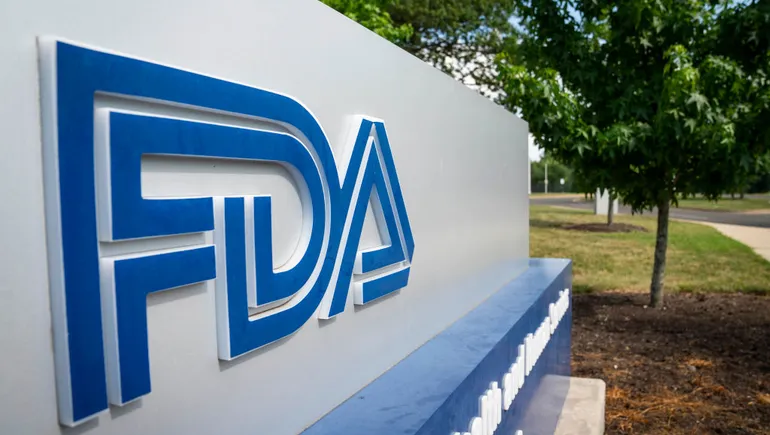Dive Brief:
- Geneoscopy received Food and Drug Administration approval for its Colosense noninvasive colorectal cancer screening test, the company said Monday.
- The stool-based test, which Labcorp will offer, is approved for screening people aged 45 years or older who are at average risk of developing colorectal cancer. The indication puts Geneoscopy in competition with Exact Sciences’ Cologuard test.
- Geneoscopy focused on the opportunity in people aged under 50 years in its statement about the approval. Around 2% of people in that cohort used a stool-based test in 2021, but Evercore ISI and TD Cowen analysts expect Colosense to have a limited impact on Exact.
Dive Insight:
Colosense analyzes stool samples for blood and RNA markers associated with abnormal colorectal tissue. In a clinical trial, the test achieved 93% sensitivity for colorectal cancer in average-risked individuals. The test detected all Stage 1 cancers, as well as 45% of potentially precancerous advanced adenomas.
The figures are in line with data on Exact’s second-generation Cologuard test, but specificity for no lesions on colonoscopy was lower. Colosense’s mark of 88% specificity is below the 90% target the Centers for Medicare and Medicaid Services has set for blood-based tests. Geneoscopy’s clinical trial was smaller than those of rival stool and blood-based tests, enrolling around 9,000 people, compared with 20,000 in other studies.
Evercore analysts said in a research note they “don’t expect any impact” on Exact’s Cologuard test in the medium term. That conclusion is based on the view that the screening market “requires significant resources in terms of physician education and marketing.”
Cowen analysts reached a similar conclusion, writing that “any impact will be manageable” because of Exact’s more than 10-year lead in the market, scale and “superior clinical profile.”
The analysts wrote that the multi-year deal with Labcorp gives Geneoscopy “scale, access and extensive connectivity.” However, they added that “historically reference labs have not been noted for successfully selling specialized, more esoteric tests.”
Geneoscopy’s clinical trial had a mean age of 55 years. Cowen analysts said Geneoscopy’s management plans to target the under-50 age group “where their sub-group data looks favorable.” Geneoscopy outlined the unmet need in people aged under 50 years in its press release.
The company is working with payers, professional societies and advocacy partners to launch later this year or early in 2025. Cowen analysts said the test could launch around the time Exact wins approval for Cologuard 2.0.
The diagnostics rivals are also currently in a patent battle: Exact accused Geneoscopy of infringing on Cologuard patents in a recent legal filing, requesting a Delaware district court to prevent Geneoscopy from making, using or selling the Colosense test.

